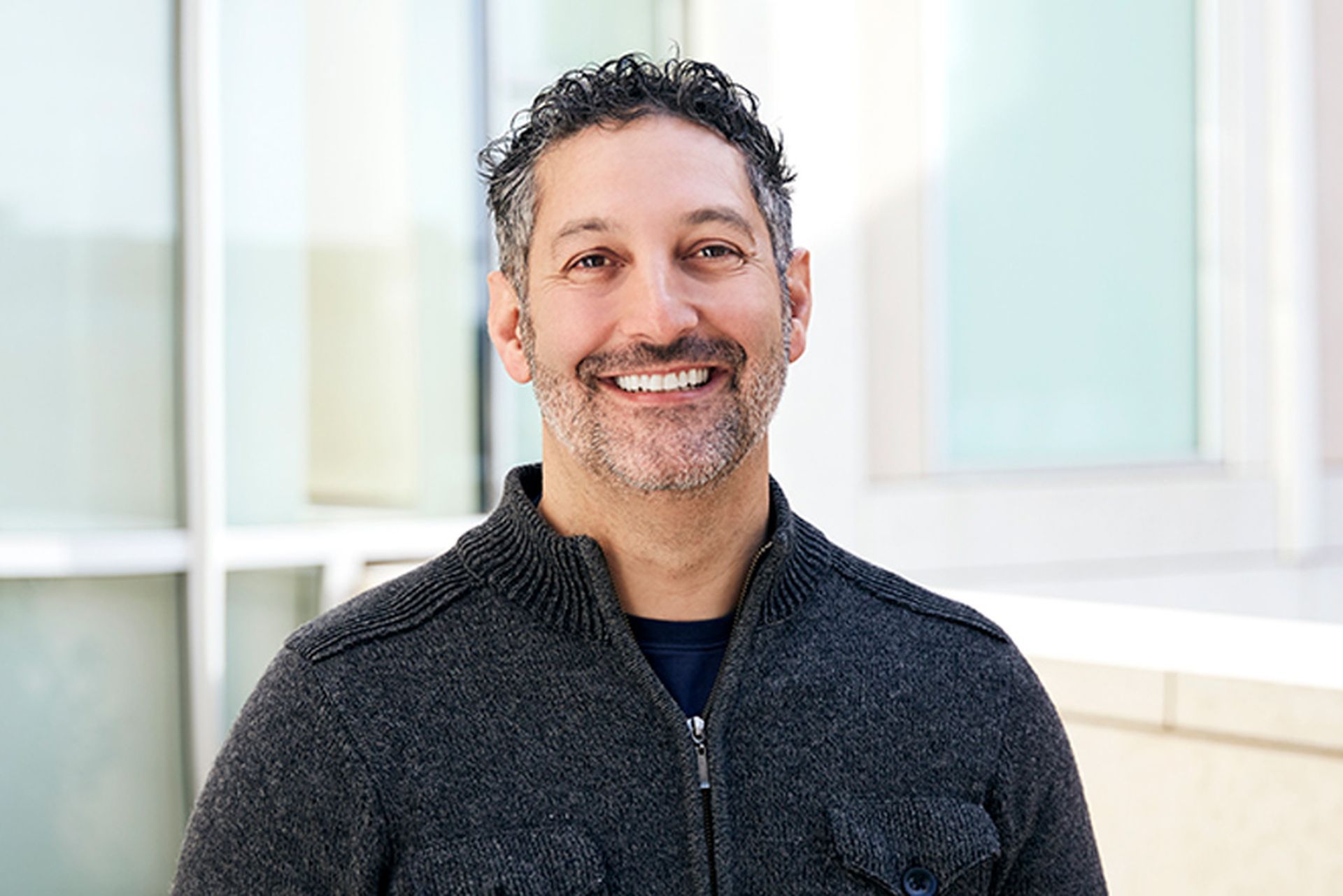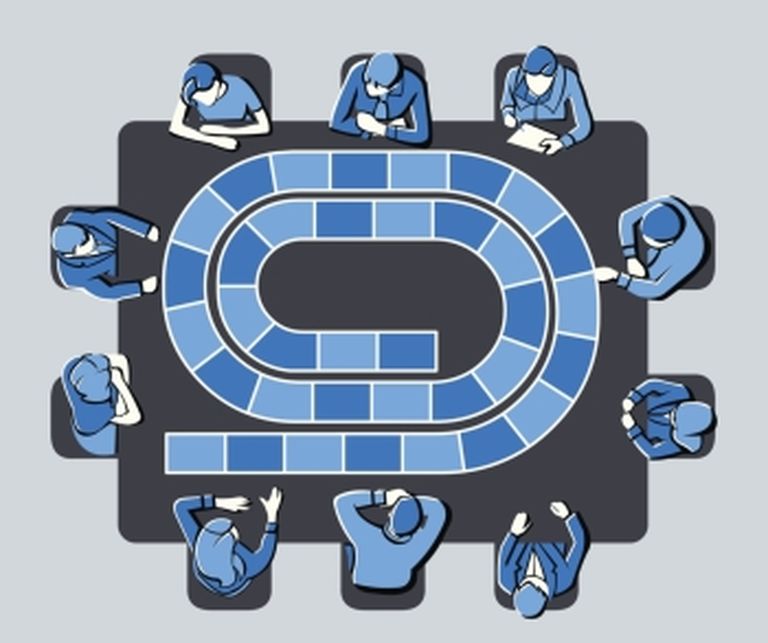The cybersecurity community has been mourning the passing of Amit Yoran, a visionary cybersecurity leader and the chairman and CEO of Tenable Holdings. Yoran died Jan. 3 at the age of 54.
Tenable, based in Columbia, Maryland, issued a press release on Saturday that said Yoran passed away unexpectedly. He was battling cancer.
Yoran took a medical leave of absence on Dec. 5, at which time Tenable’s board appointed Chief Financial Officer Steve Vintz and Chief Operating Officer Mark Thurmond as co-CEOs to ensure continued strategic execution and stability. In a message to employees on LinkedIn last year, Yoran told the staff that he recently learned that his cancer requires additional treatment, calling it “a very treatable situation.”
“Amit was an extraordinary leader, colleague, and friend,” said Art Coviello, Tenable’s lead independent director. “His passion for cybersecurity, his strategic vision, and his ability to inspire those around him have shaped Tenable’s culture and mission. His legacy will continue to guide us as we move forward.”
Yoran’s passing was viewed by many in the industry as untimely, given the prospect of a second Trump administration, his experience with the federal government, and his willingness to take on powerful government interests and industry vendors.
During the George W. Bush administration in 2003, Yoran was named director of the newly created Homeland Security Department’s National Cyber Security Division, a position he resigned from after one year because he believed the administration lacked the necessary commitment to cybersecurity. In January 2006, he was named CEO of In-Q-Tel, the CIA's incubator, a position he resigned from in April 2006.
More recently, Yoran took on Microsoft in August 2023, which finally fixed a vulnerability affecting custom connectors in Microsoft’s Power Platform following sharp criticism from Yoran over the way the software giant handled the security incident.
In a LinkedIn post around that time, Yoran called Microsoft “grossly irresponsible, if not blatantly negligent” for taking more than four months to fix the bug.
There are few people in the industry who could — or would — do that.

Yoran joined Tenable in 2016 as CEO, leading the company through its successful initial public offering in 2018. Prior to Tenable, Yoran held several prominent industry positions, including president of RSA and founding CEO of NetWitness, the latter of which is credited with substantial cybersecurity innovation.
Bob West, managing partner at West Strategy Group, posted on LinkedIn that he first met Yoran in 1998 when he and his brother Elad had then recently launched Riptech, the first commercially available MSSP. West said he was an early customer at Bank One and the difference Riptech made in understanding unusual computer network activity was profound.
“I was in Washington, D.C., in 2007 and met with Sameer Bhalotra, who was the cybersecurity lead for the Senate Intelligence Committee led by Diane Feinstein and Jay Rockefeller,” said West. “He asked me what I thought about the technologies that captured all computer network traffic and analyzed it. My response was that it didn't exist. I had a meeting with Amit and Eddie Schwartz that afternoon, shortly after NetWitness was launched. I tucked my tail between my legs and sent an email to Sameer that evening, telling him I was not only wrong, but I was also amazed at NetWitness' ability to capture network traffic and analyze it in very short order.”
West also said Yoran would always take the time to meet with him, no matter how busy he was. West told SC Media about a time in 2021 at the Gartner Security and Risk Summitt where Yoran met with him for nearly two hours.
“For the CEO of Tenable to meet with someone for that long was really something,” said West, “Two hours is a long time and he was very generous with his time.”
Jason Soroko, senior fellow at Sectigo, said Yoran’s true legacy lies in the way he reimagined what cybersecurity could be: not just an arms race against emerging threats, but a living, breathing collaboration that united defenders across industries and borders.
“Amit reframed the role of cybersecurity from a narrow technical function into modern strategic thinking,” said Soroko. “In other words, cybersecurity is a top-down problem that required the attention of those who owned risk, not just the technical practitioner. By championing a ‘continuum of risk,’ Yoran helped boardrooms realize that cybersecurity was not just about patching vulnerabilities, but rather cultivating digital trust.”
Stephen Kowski, Field CTO SlashNext Email Security, added that the cybersecurity community has lost a bold, principled leader who consistently championed transparency and accountability, particularly in his courageous stance challenging major tech providers to improve their security practices.
“Amit's legacy extends far beyond his remarkable business achievements at Tenable, as he helped shape critical federal cybersecurity initiatives and fostered a culture of direct, honest communication about security vulnerabilities that remains vital in today's threat environment,” said Kowski. “His unwavering commitment to protecting organizations from sophisticated phishing and social engineering attacks has inspired many security professionals to focus on proactive defense and real-time threat detection — principles that continue to define modern cybersecurity strategy.”
Avishai Avivi, chief informations security officer at SafeBreach, said the cybersecurity world lost one of its most important voices and, like many of the people who commented on Yoran, talked about his great humanity.
“On a personal note, as a cancer survivor myself, Amit was very authentic and allowed himself to be vulnerable by publicly sharing his battle with cancer,” said Avivi. “While not cybersecurity-related, cancer is a very personal battle. Even with all the public support, friends, and family, cancer patients often feel alone. Having someone else share their battle the way Amit did makes a huge difference. And for that, above all else, is what I'll remember and be thankful for Amit's memory.”




